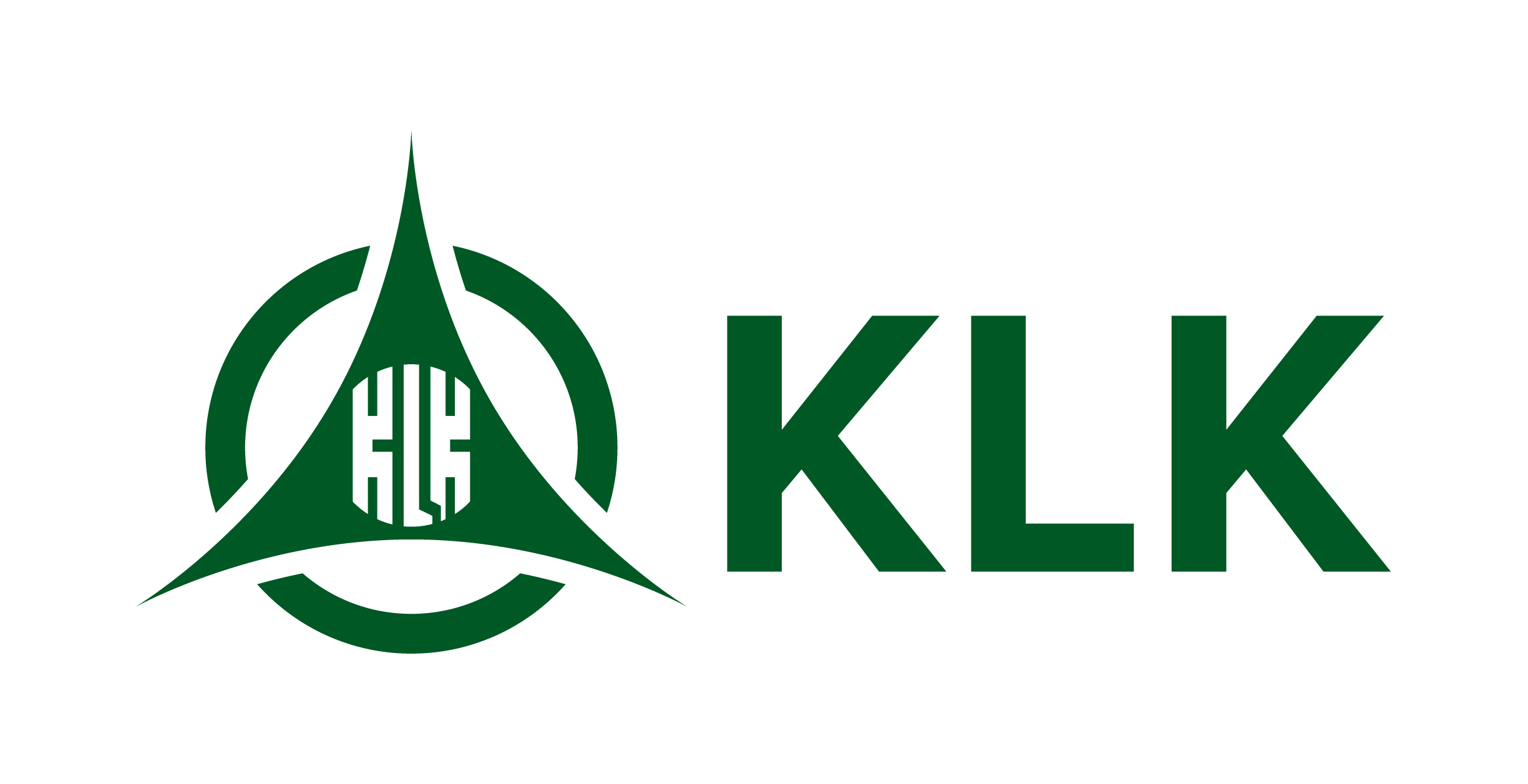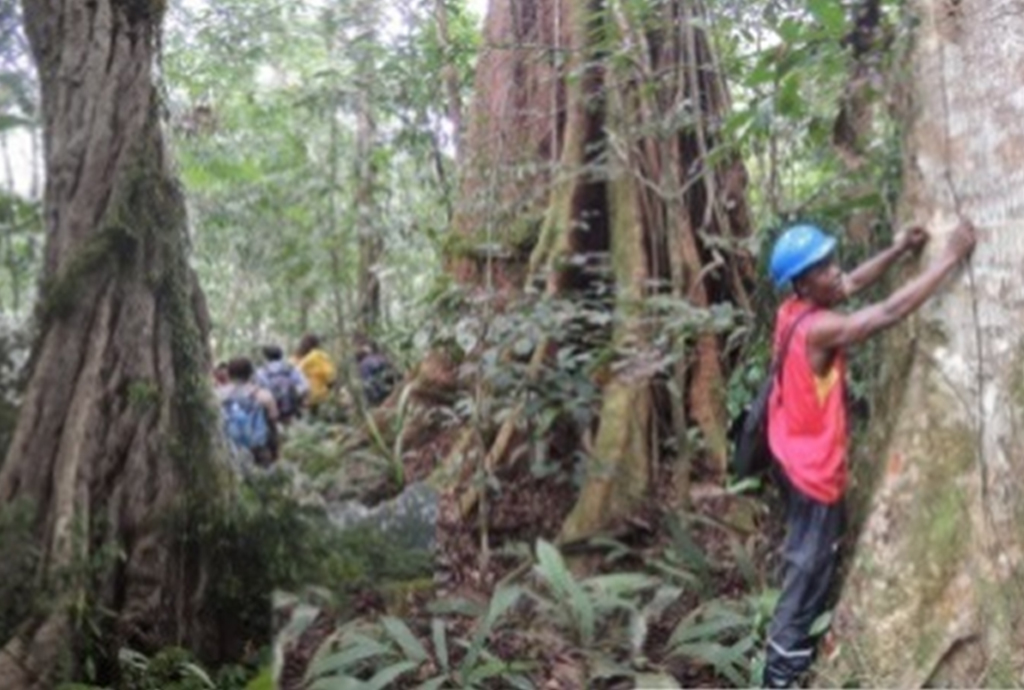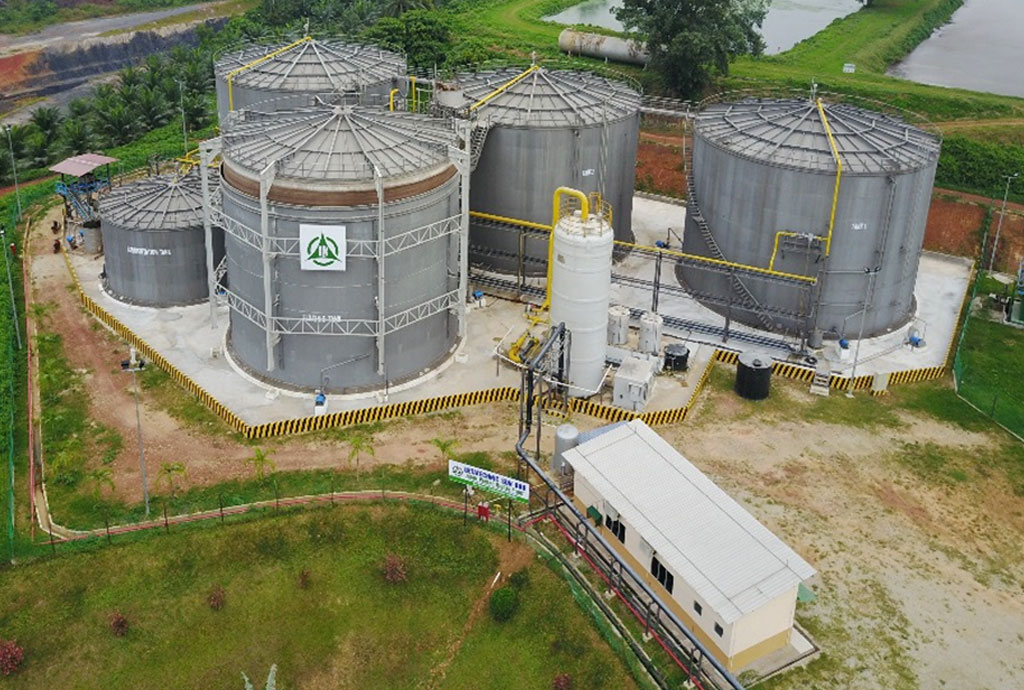Peat
KLK is committed to NO development on peat regardless of depth. We apply Good Agricultural Practices at our existing plantations on peat. We also work with experts to explore options including environmental friendly alternative land uses or peat restoration for peat areas that are found to be unsuitable for replanting.
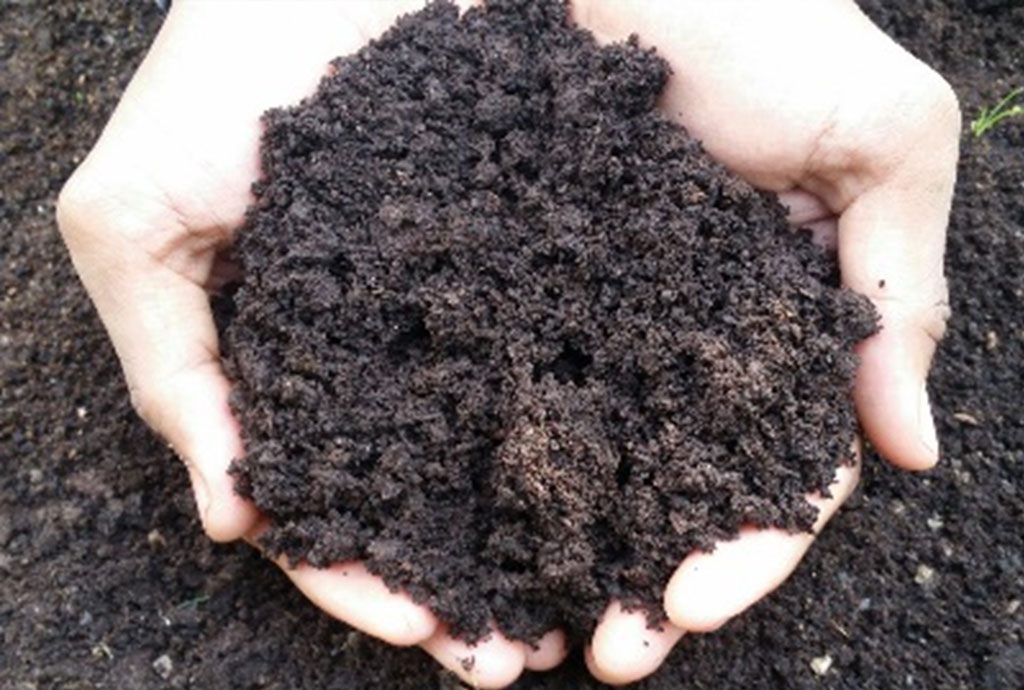
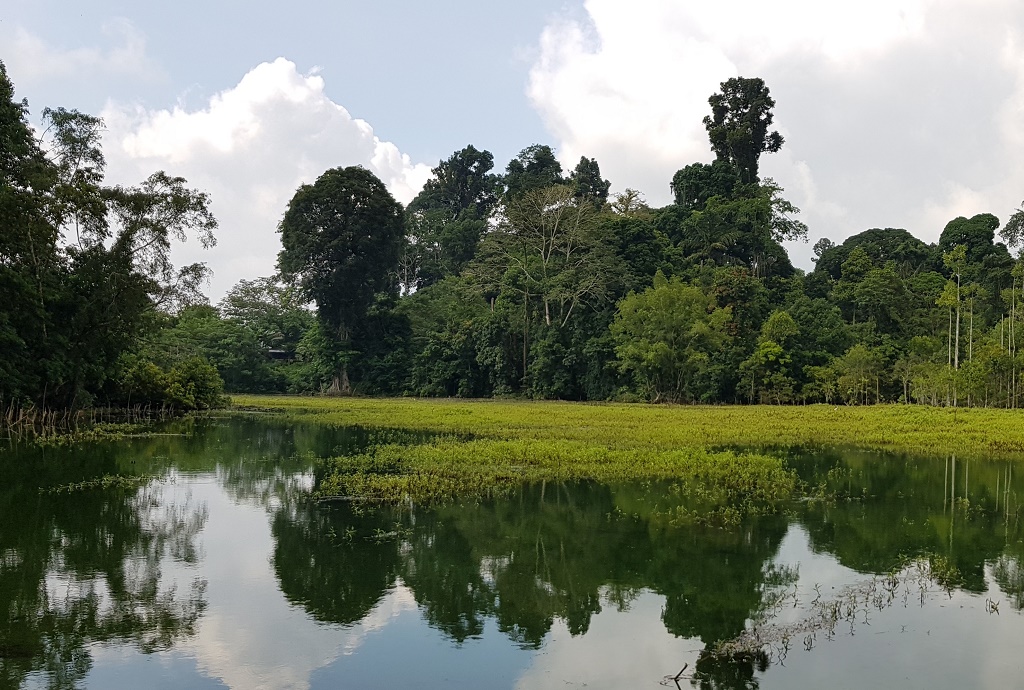
HCV & Biodiversity
KLK commits to the conservation of primary forests and HCV areas within the KLK context of sustainably managed landscape. HCV areas include areas that contain significant concentration of biological values, areas with rare, threatened and endangered species and areas that provide nature services and is fundamental to meeting basic needs of local communities and critical to local communities’ traditional cultural identity.
- View/download KLK Biodiversity Conservation Policy.
Greenhouse Gas Emission Reduction Initiative
KLK is committed to reduce our greenhouse gas (GHG) emission in our operations. We are constantly exploring best practices and new technologies while identifying operational activities that contributes to high GHG emission. Palm Oil Mil effluent is one of the main source GHG and to mitigate this emission, we have taken the following initiatives:
Apart from achieving GHG emission reduction, our palm oil mill effluent is also in compliance with the legal limit for Biological Oxygen Demand. We will continuously monitor the parameter as part of our commitment to protect the environment.
